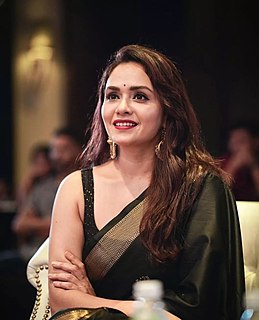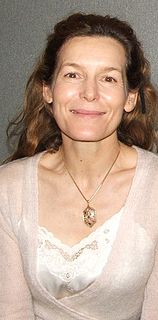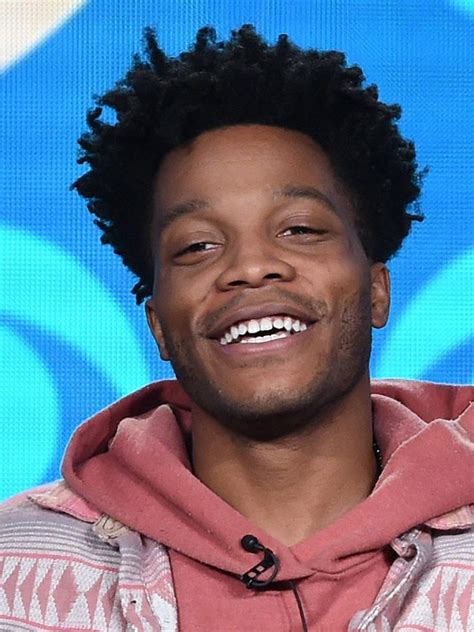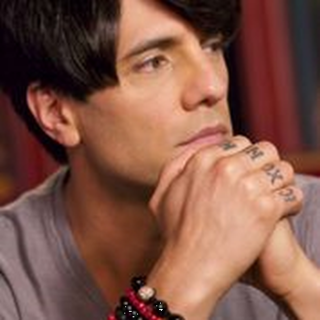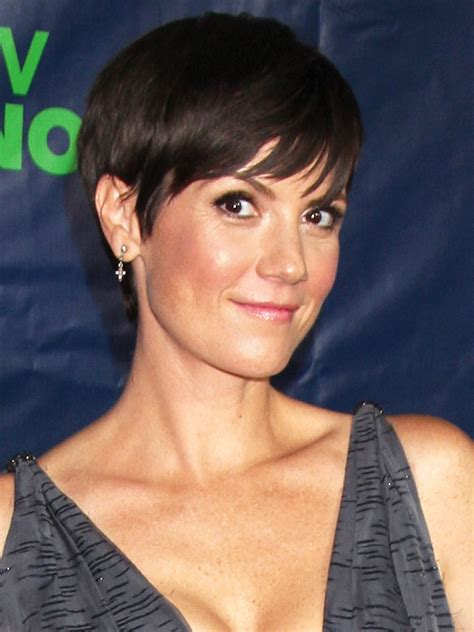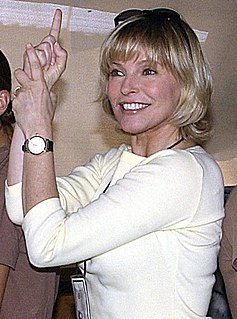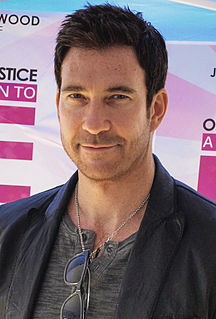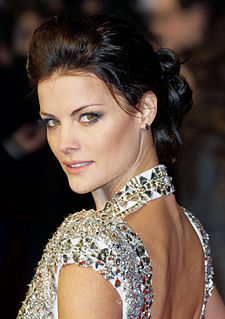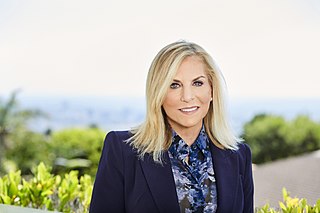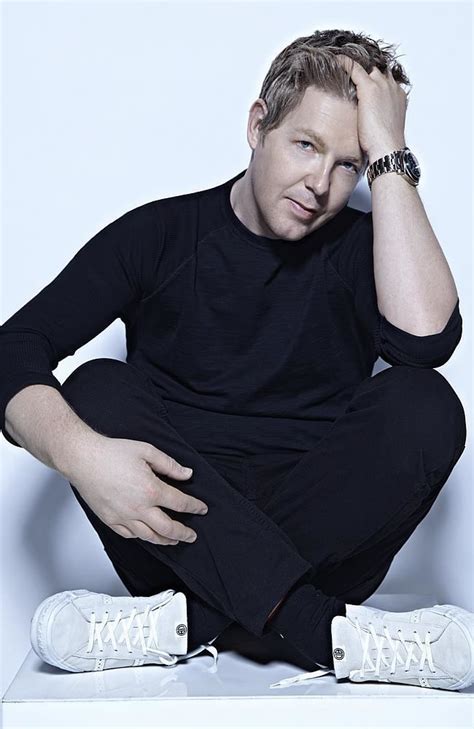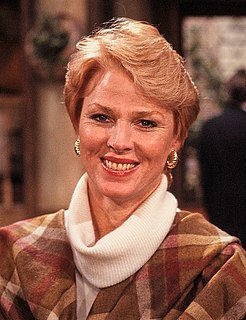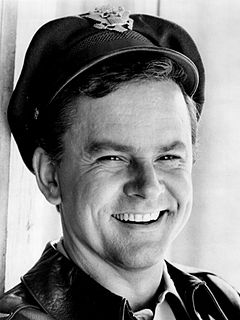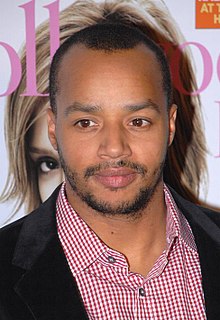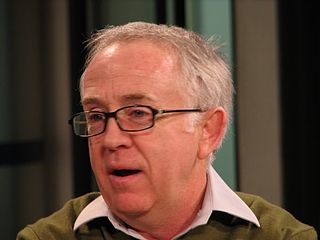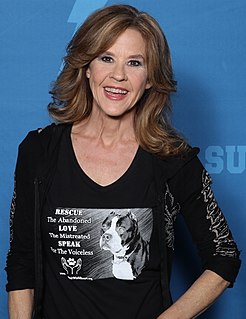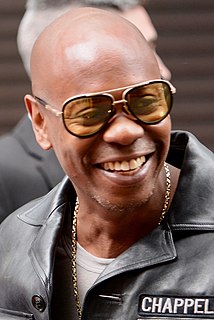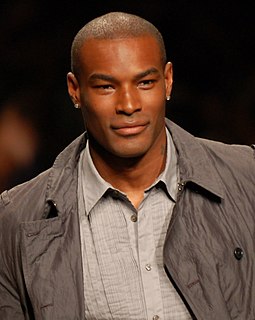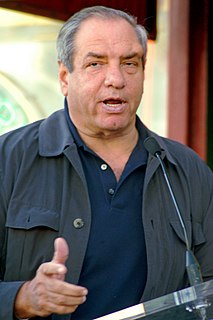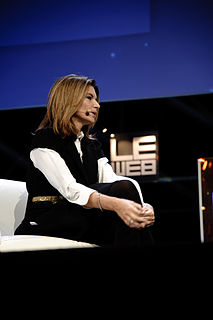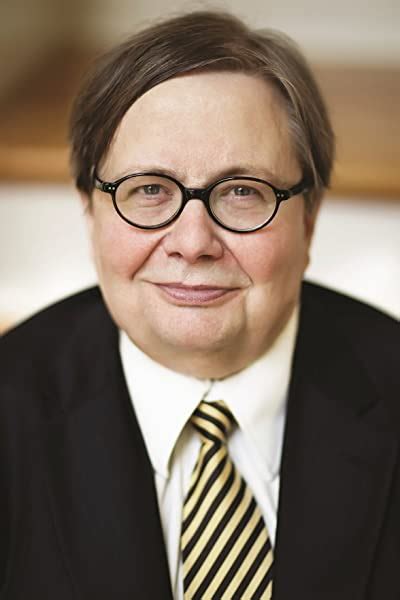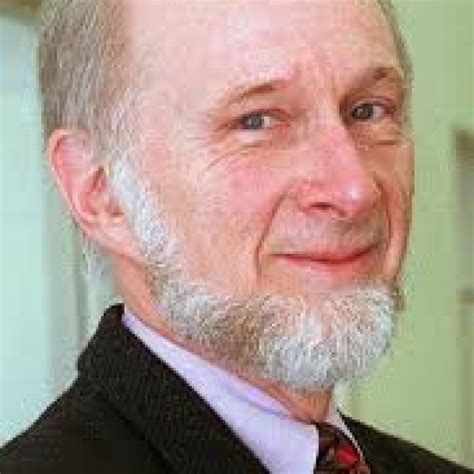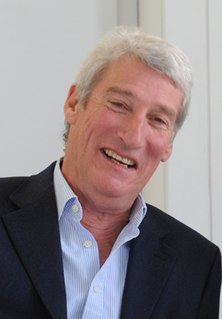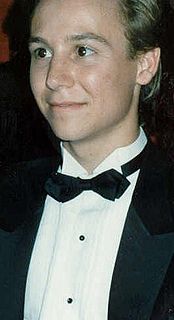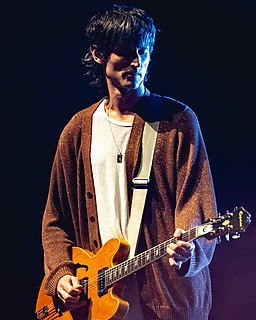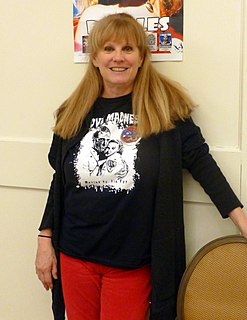Top 1200 Television Commercials Quotes & Sayings - Page 2
Explore popular Television Commercials quotes.
Last updated on November 24, 2024.
Grunge was so self-consciously lowbrow and nonaspirational that it seemed, at first, impervious to the hype and glamour normally applied swiftly to any emerging trend. But sure enough, grunge anthems found their way onto the soundtracks of television commercials, and Dodge Neons were hawked by kids in flannel shirts saying, 'Whatever.'
The days of television as we knew it growing up are over. You have a bigger, wider world audience on the Internet, larger than any American television series. People don't watch television in the same context as before. Nowadays they watch their television on the Internet at their convenience. That's the whole wave, and it's now - not the future.
I was aware of the possible biases you could get as a commercial director, like being too concerned about the technical aspects of the form rather than anything of substance. If you keep working in commercials, you can get trapped in a very superficial way of thinking. I always used commercials as an exercise for filmmaking, like going to the gym.
As a John Kerry supporter, I wanted to send him a check. But then it occurred to me that most of that money would end up in the hands of advertising agencies and television networks. And the money would be used to create deceptive commercials that flatter our point of view and shade the facts our way. And I wasn't comfortable with that. But on the other hand, that's how the game is played. You're always grappling.
I was the singing voice of a cartoon character. I did dog food commercials. I did a lot of commercials, actually, and helped pay my rent and my classes. Then I'd get one good line or two good scenes. I was building my career and building my own experience and learning technically what it was like to be on a set and all of those things.
The advertising marketplace is moving rapidly into digital videos. We know that by 2018 it is estimated that it will be a $12.2 billion business. We've been seeing the agencies combine their digital video spend with television spend and put it under one spend and just calling it "video." The pool of money is becoming much bigger. The comparisons between television and digital video are being made much more often because you can account for who's watching, you can't fast-forward through the commercials. There's a much more intimate relationship with someone watching digital video.
I spent my time drinking and staring at a television in the airport bar. More death and destruction. Crime. Pollution. All the news stories were telling me to be frightened. All the commercials were telling me to buy things I didn´t need. The message was that people could only be passive victims or consumers.
There is an insistent tendency among serious social scientists to think of any institution which features rhymed and singing commercials, intense and lachrymose voices urging highly improbable enjoyment, caricatures of the human esophagus in normal and impaired operation, and which hints implausibly at opportunities for antiseptic seduction as inherently trivial. This is a great mistake. The industrial system is profoundly dependent on commercial television and could not exist in its present form without it.
There is a difference. You watch television, you don't witness it. But, while watching television, if you start witnessing yourself watching television, then there are two processes going on: you are watching television, and something within you is witnessing the process of watching television. Witnessing is deeper, far deeper. It is not equivalent to watching. Watching is superficial. So remember that meditation is witnessing.
I have to entertain myself. An easy way to explain it is I worked in NY since I was five-years-old doing modeling and commercials, and that's a completely different world than in California where I think there's different dreams and aspirations of maybe being a so-called 'star' and so forth. Here you do your work, whether it's theater or commercials.
I mean, a lot of people don't realize it, but fashion is one of the most racial industries left out there now. Radio and music aren't. Television and movies aren't. Even commercials now are showing interracial couples. You see a lot of diversity in TV shows, but you don't see that in fashion. You think there would be some, because the consumer is of all colors and all shades. But you don't see that in fashion.
I don't audition for "on-air" commercials - the ones where your face can be seen. I've auditioned for voiceover campaigns that I haven't gotten, but I don't really want to be seen in a commercial unless it's a product that I really love. Like, if Adidas asked me, I would do it in a heartbeat. But I did a Reebok commercial, one for Pep Boys, one for Dunkin' Donuts. I auditioned for commercials, but I really couldn't stomach it. It just didn't feel right.
We are shocked and saddened by Bob Casale's passing. He not only was integral in DEVO's sound, he worked over twenty years at Mutato, collaborating with me on sixty or seventy films and television shows, not to mention countless commercials and many video games. Bob was instrumental in creating the sound of projects as varied as Rugrats and Wes Anderson's films. He was a great friend. I will miss him greatly.
When I was in advertising, I did a great deal of work on television commercials. A co-worker and I wrote a screenplay, which led to a few more screenplays, and some were optioned by production companies. I was advised to move to California but didn't want to make the move. I decided to use another form of storytelling, so I wrote a novel.
Reality television is to television what marble and gold are to real estate. The point is to dispense with the idea of taste. It's all id. The more unrestrained the better. We all know that 'reality' in reality television is not real. That anybody who would participate in reality television is a fake. But pretending otherwise makes them real.
Most advertisers spend millions upon millions of dollars to buy commercial time during the Super Bowl, and millions in creating eye-popping ads, hoping to create catchy, unforgettable commercials. Unfortunately, most Super Bowl commercials end up being unmemorable. Costly mistakes for brands and creative flameouts for advertising firms.
It was always fun auditioning for commercials, because that was the beginning of my career, and me figuring out how I was going to portray myself as an actress vs. a model, because models were very different back then in the early '70s. They didn't usually hire models for acting. But I acted first in commercials and then I did modeling, so it was a little different.

